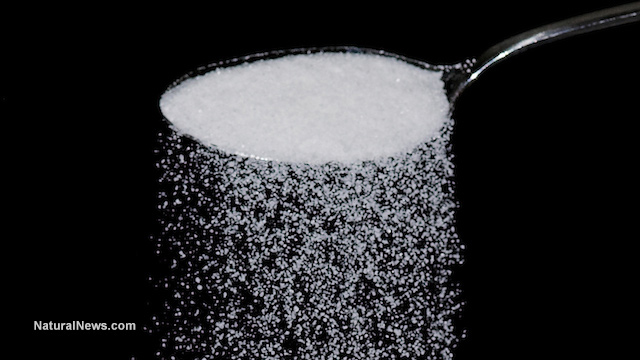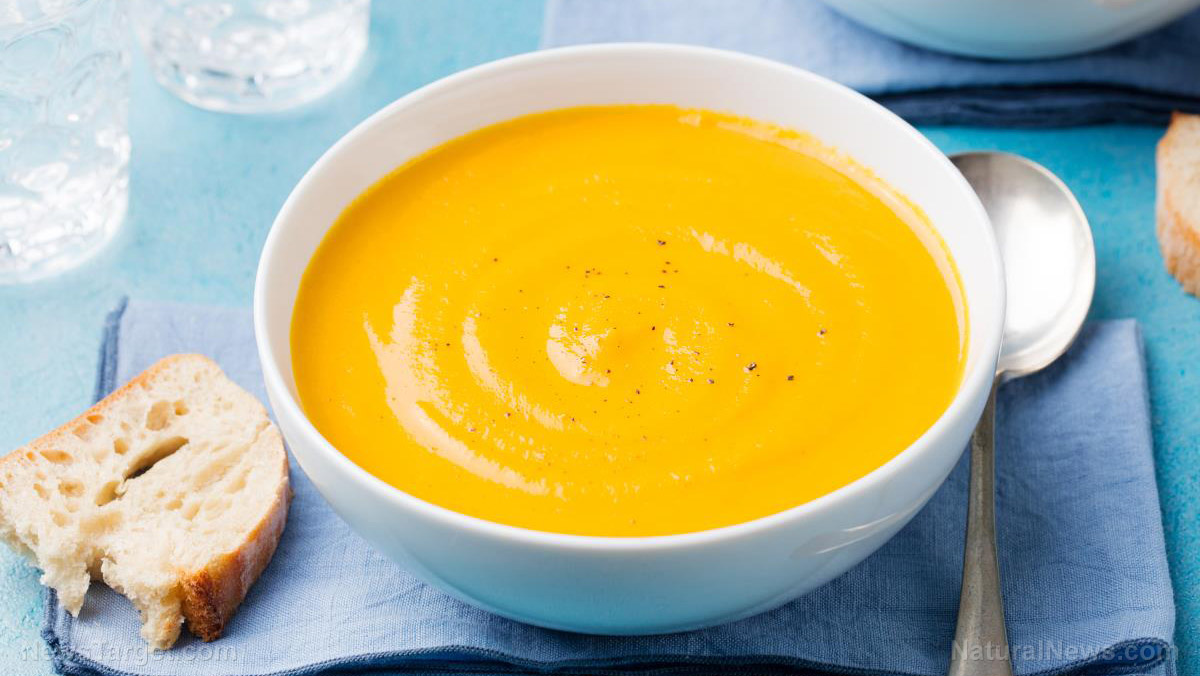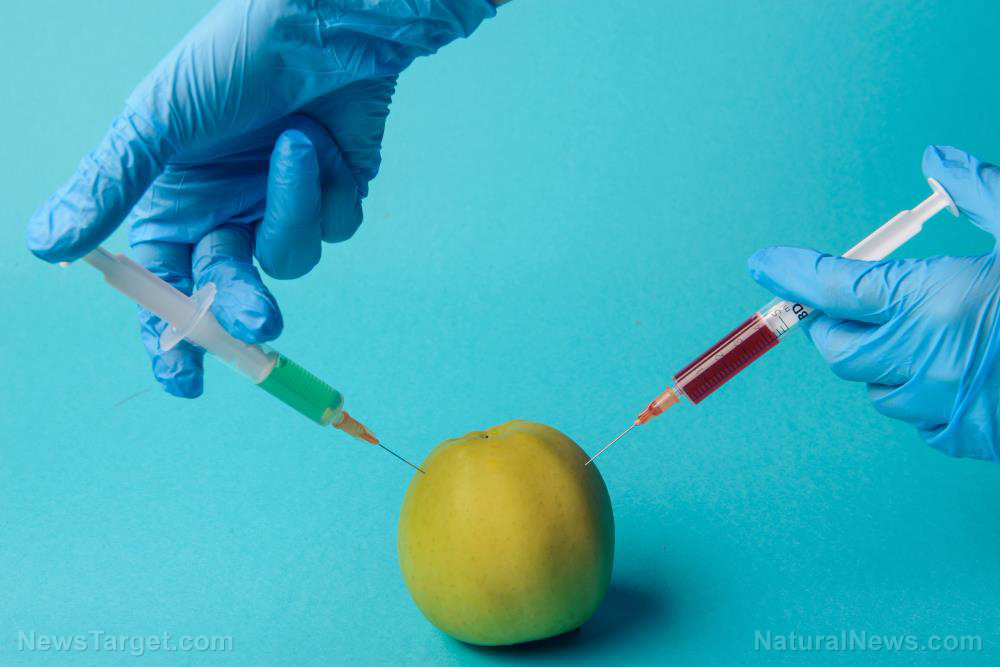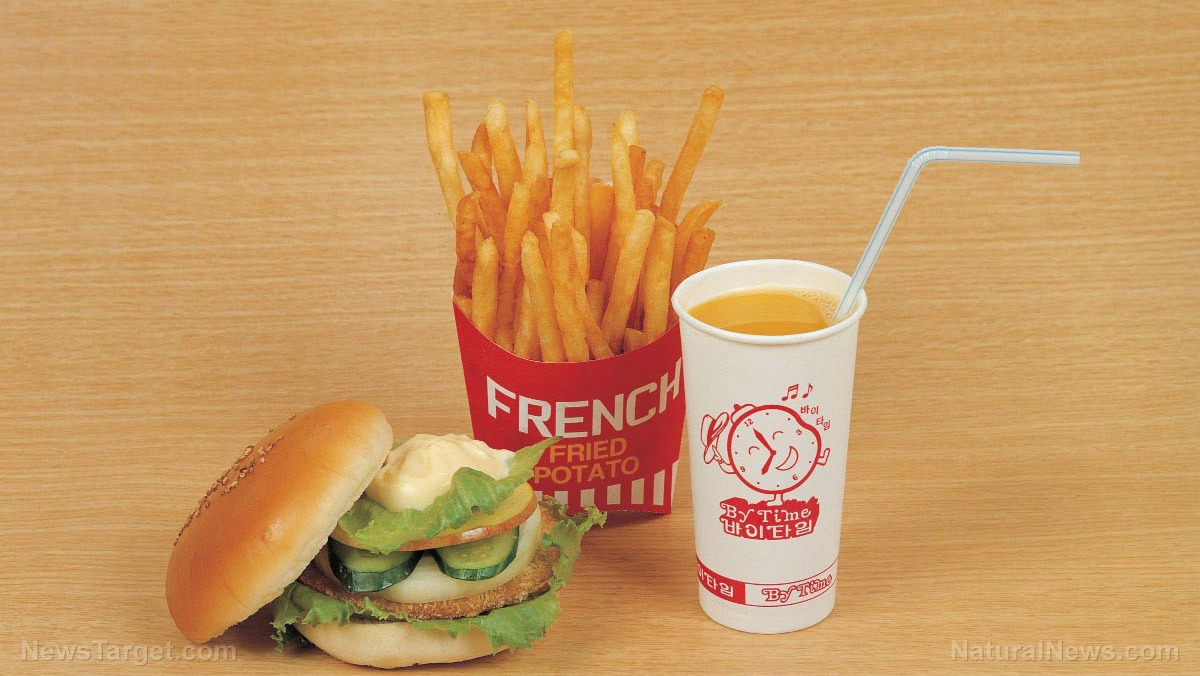U.S. government to purchase Japanese seafood for the military despite Fukushima radiation concerns
11/12/2023 / By Zoey Sky

The government of the United States recently announced that it has agreed to purchase Japanese seafood for its military to help ease the economic fallout from Japan’s decision to release radioactive wastewater from the damaged Fukushima Daiichi Nuclear Power Plant into the Pacific Ocean.
In an interview, U.S. Ambassador to Japan Rahm Emanuel said the U.S. Armed Forces is ready to sign a long-term contract with Japanese seafood suppliers to help address the fallout from the restrictions and total bans made against Japanese seafood exports.
Emanuel added that seafood such as Japanese fish, scallops and other products will be served on U.S. Navy ships and stocked in commissaries and mess halls at 17 American military bases in the region.
However, Emanuel acknowledged that feeding Japanese seafood to U.S. soldiers is not enough to offset the economic downturn coming for the Japanese seafood industry, especially due to the loss of the massive Chinese market. But the move should be enough to make a statement about Beijing’s “economic coercion.”
Emanuel explained that the best way to help “wear out China’s economic coercion is [to] come to the aid and assistance of the targeted country or industry.”
China bans all seafood imports from Japan
China, which was formerly the largest importer of Japanese fish, banned all seafood imports from Japan in August due to concern over possible radioactive contamination.
Additionally, Beijing heavily criticized the Japanese government’s decision to start unloading Fukushima wastewater into the Pacific Ocean, calling the move “extremely selfish and irresponsible.” (Related: Expert: RADIOACTIVE WATER from Fukushima nuclear power plant could cause ANIMAL MUTATIONS.)
Despite the criticism from concerned countries and organizations, the Japanese government has repeatedly insisted that its wastewater discharges are safe, with the International Atomic Energy Agency (IAEA) backing the plan.
Despite the agency’s assurances, China’s Foreign Ministry responded to the IAEA’s claims by suggesting that anyone who claims that the releases are safe should “drink or swim in” Fukushima wastewater themselves.
Emanuel has mocked Chinese leaders on social media. In an interview earlier in October with Japan’s Sankei newspaper, he said that Beijing lacked any scientific basis for raising concerns over the Fukushima discharges.
Emanuel also said that despite China barring imports of seafood harvested by Japanese fishermen, it has continued to allow sales of fish caught by Chinese crews in Japanese waters.
When asked if he was “hawkish” on China, Emanuel replied that he was only being honest and realistic. “Maybe honesty is painful, but it’s honest,” chided Emanuel.
In response to Emmanuel’s latest comments, Chinese Foreign Ministry spokesman Wang Wenbin told reporters that it is the duty of diplomats to promote friendship between countries, not smear other countries and “[stir] up trouble.”
Reports found that the first purchase under the U.S. military’s new seafood deal with Japan will total less than one metric ton of scallops. By comparison, Japan exported more than 100,000 metric tons of scallops to China in 2022.
Russia also temporarily bans all seafood imports from Japan
Early in October, the Russian government also announced that it would enforce a temporary ban on imports of seafood from Japan following Tokyo’s release of treated radioactive water from the damaged Fukushima nuclear power plant into the sea.
A statement released by Rosselkhoznadzor, the Russian regulator responsible for food safety, the restrictions will be in place until the safety of aquatic products is confirmed to comply with Eurasian Economic Union requirements.
The discharge into the Pacific Ocean started on August 24, 12 years after the Fukushima plant’s disastrous meltdown following a 9.0-magnitude earthquake and subsequent tsunami.
Aside from China and Russia, South Korea has also extended a ban on the import of fish and seafood from eight prefectures in Japan.
Visit FukushimaWatch.com for more articles about Japan’s defunct Fukushima Daiichi Power Plant.
Watch the video as experts discuss a concrete solution for Fukushima.
This video is from the What Is Happening channel on Brighteon.com.
More related stories:
Radioactive Fukushima water to be released into the ocean.
Hundreds of fish KILLED following nuclear power plant radioactive leak in Minnesota.
Sources include:
Submit a correction >>
Tagged Under:
big government, dangerous, environment, fish, food safety, food science, food supply, Fukushima, Japan, marine life, military, nuclear, Nuclear Accident, ocean health, Pacific Ocean, pentagon, radiation, radioactive water, seafood, water health
This article may contain statements that reflect the opinion of the author
RECENT NEWS & ARTICLES
COPYRIGHT © 2017 FOOD SCIENCE NEWS


















